Even when we lose an arm or a leg, there's not less of us but more. Human experience weighs more than human tissue
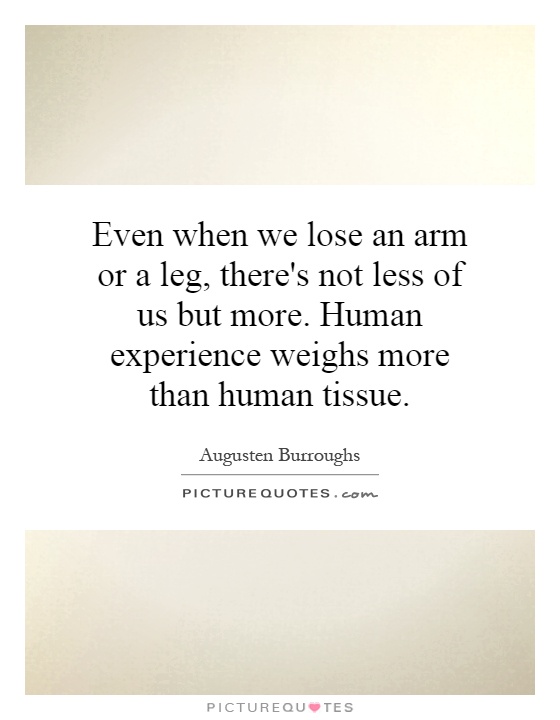
Even when we lose an arm or a leg, there's not less of us but more. Human experience weighs more than human tissue
Augusten Burroughs, a renowned author known for his candid and often darkly humorous memoirs, has a unique way of exploring the complexities of the human experience. In his works, he delves deep into the raw and often painful aspects of life, shedding light on the resilience and strength that can be found in the face of adversity. One of his most poignant quotes, “Even when we lose an arm or a leg, there's not less of us but more. Human experience weighs more than human tissue,” encapsulates this sentiment perfectly.Burroughs’ words remind us that our worth as individuals is not defined by our physical bodies, but rather by the sum of our experiences and the depth of our emotions. Losing a limb or facing a physical disability may change the way we navigate the world, but it does not diminish our essence as human beings. In fact, it can often amplify our humanity, as we are forced to confront our vulnerabilities and find new ways to adapt and thrive.
This idea of resilience and growth in the face of adversity is a recurring theme in Burroughs’ work. In his memoir “Running with Scissors,” he recounts his tumultuous childhood marked by neglect, abuse, and mental illness. Despite the challenges he faced, Burroughs emerged from these experiences with a profound understanding of the human spirit and a darkly humorous perspective on life.

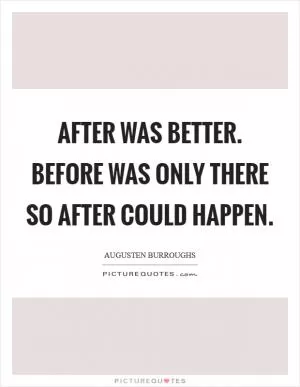



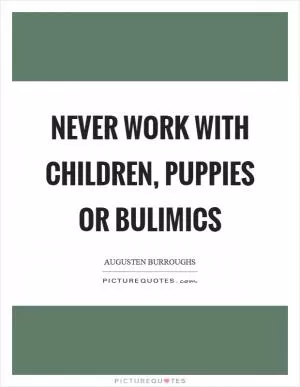

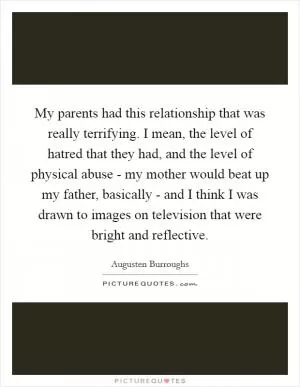
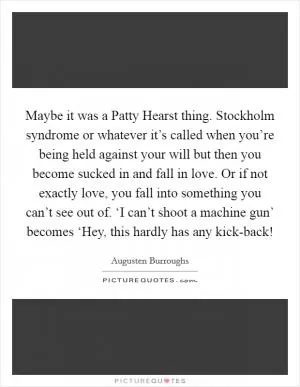
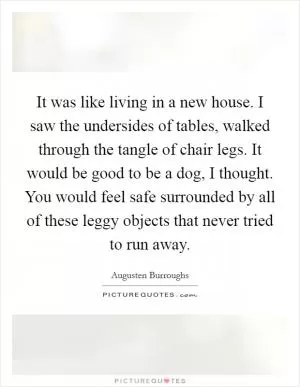
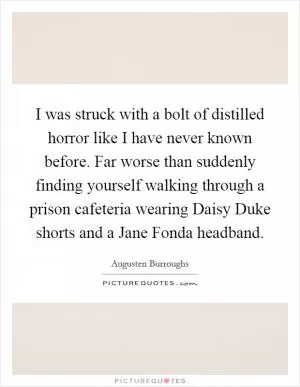
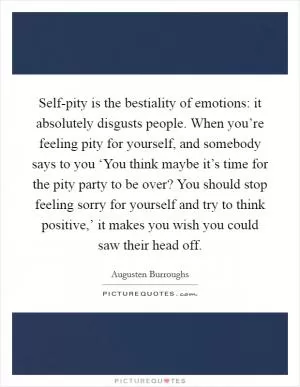
 Friendship Quotes
Friendship Quotes Love Quotes
Love Quotes Life Quotes
Life Quotes Funny Quotes
Funny Quotes Motivational Quotes
Motivational Quotes Inspirational Quotes
Inspirational Quotes